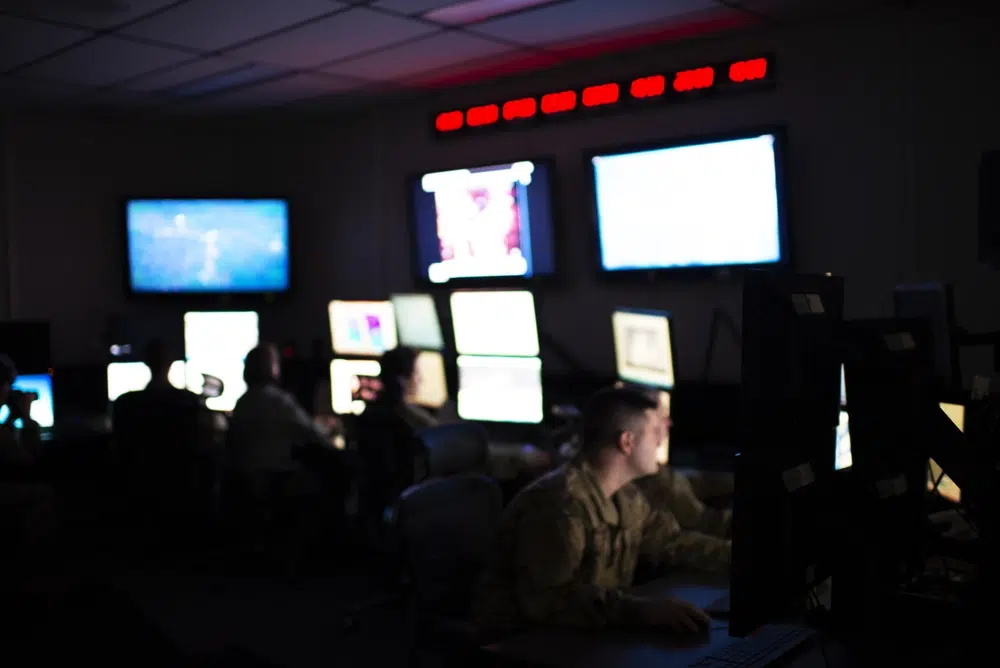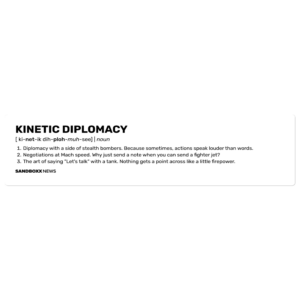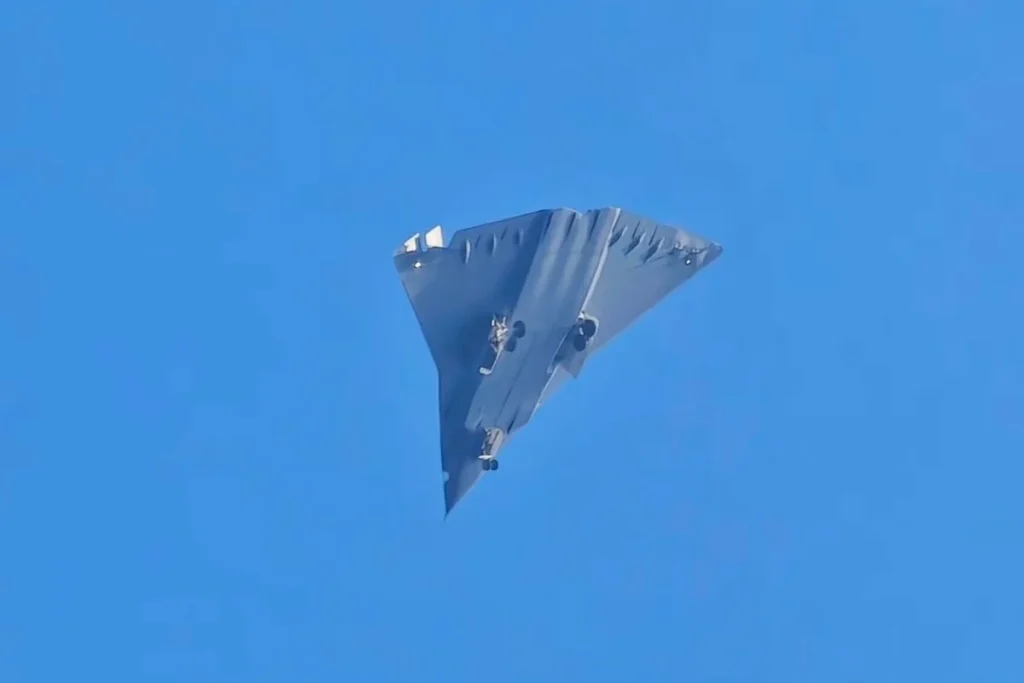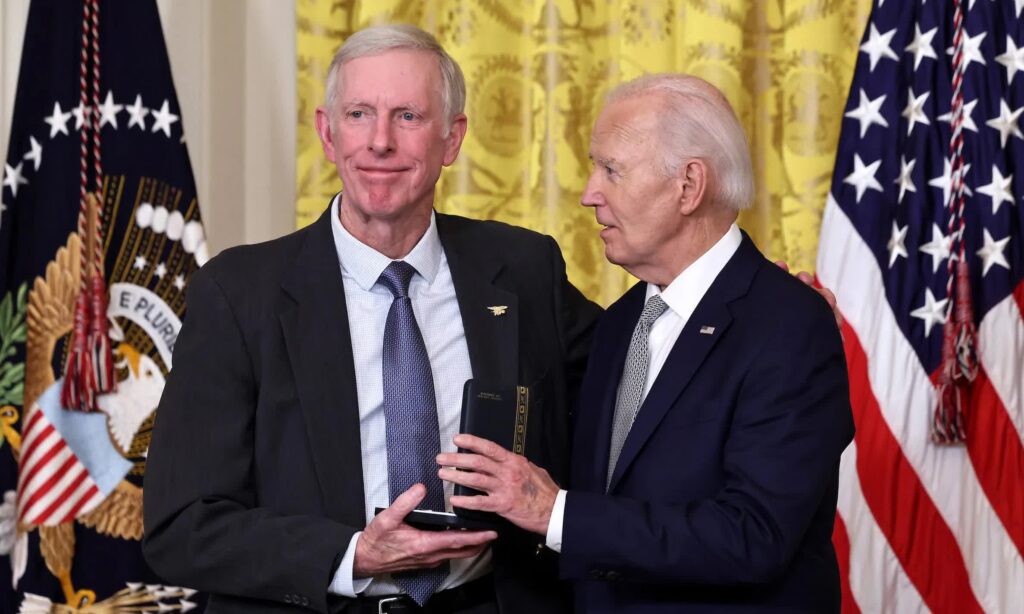US warns China to not send weapons and ammo to Russia
- By Steve Balestrieri
Share This Article

U.S. Secretary of State Anthony Blinken warned China against supplying Russia with arms; his warning mirrors that of the U.K. and other Western countries and is a result of a significant shift in how the U.S. uses its intelligence. Blinken did not specify the measures the U.S. will take if Beijing supplies Moscow with weapons.
China has tried to portray itself as neutral on the war in Ukraine. It has been encouraging both sides to enact a ceasefire on humanitarian grounds while at the same time, strengthening ties with Moscow.
On Thursday, NATO Secretary-General Jens Stoltenberg said that NATO intelligence has detected Beijing is in the early stages of shipping arms to Russia and warned it against this. In an interview with Reuters, Stoltenberg said, “We haven’t seen any supplies of lethal aid from China to Russia, but we have seen signs that they are considering and may be planning for that.”
“That’s the reason why the United States and other allies have been very clear, warning against that. And China should, of course, not support Russia’s illegal war,” he added.
Chinese Foreign Ministry spokesperson Wang Wenbin denied allegations that Beijing is considering sending weapons to Moscow and accused Washington of escalating the war in Ukraine by “pouring weapons into the battlefield.”
Related: One year after the Russian invasion, Ukraine continues to defy the odds
The use of declassified intelligence to disrupt Russia’s narrative

(U.S. Air National Guard photo by Master Sgt. Luke R Sturm)
Representing a break from the usual way, the U.S. and most countries use intelligence, Washington had been warning for weeks that Russia was about to invade Ukraine.
Initially, Washington’s use of declassified intelligence was met with skepticism by Ukraine, giving rise to the distrust of that intelligence, something that had happened during the Obama administration in 2014 when Russia seized Crimea.
Washington’s idea was to pre-empt and disrupt Moscow’s plans of action.
The intelligence was also shared publicly so that the world could see what was happening, which disproved Moscow’s disinformation campaign. The Russian military buildup around Ukraine took months to achieve, so the “genocide” lie that Moscow was attempting to push was seen for exactly what it was.
However, as CIA Director William Burns said, releasing intelligence comes with benefits as well as equal risks. The intelligence community is usually loath to share any of its intelligence to not put its sources or methods at risk. Many sources take years to cultivate, and if their cover is blown, then those sources face long prison sentences or death.
“As I’ve learned over many years, the surest way to lose sources of good intelligence is to be reckless in your handling of them,” Burns said.
Feature Image: Secretary of State Antony J. Blinken and NATO Secretary General Jens Stoltenberg at a press availability in Brussels, Belgium, on September 9, 2022. (State Department)
Read more from Sandboxx News
- Russia continues its localized assaults in Ukraine but with few results
- Infighting between the Wagner Group and the Russian military reaches new levels
- Politicians and intelligence agencies need to do better to protect intelligence reports
- China insists that its balloon was not spying as US launches recovery operation
- Ukraine accuses senior military officer of high treason, alleges he passed intelligence on troops’ movements to Russia
Related Posts
Sandboxx News Merch
-

‘AirPower’ Classic Hoodie
$46.00 – $48.00 Select options This product has multiple variants. The options may be chosen on the product page -

‘Sandboxx News’ Trucker Cap
$27.00 Select options This product has multiple variants. The options may be chosen on the product page -

‘Kinetic Diplomacy’ Bumper Sticker (White)
$8.00 Add to cart
Steve Balestrieri
Related to: Breaking News, Military Affairs

What do we know about China’s new ‘6th gen’ fighters?

Former Navy SEAL and pioneer combat medicine physician is awarded Presidential Citizen’s Medal
Sandboxx News
-

‘Sandboxx News’ Trucker Cap
$27.00 Select options This product has multiple variants. The options may be chosen on the product page -

‘AirPower’ Classic Hoodie
$46.00 – $48.00 Select options This product has multiple variants. The options may be chosen on the product page -

‘AirPower’ Golf Rope Hat
$31.00 Select options This product has multiple variants. The options may be chosen on the product page -

‘Sandboxx News’ Dad Hat
$27.00 Select options This product has multiple variants. The options may be chosen on the product page
